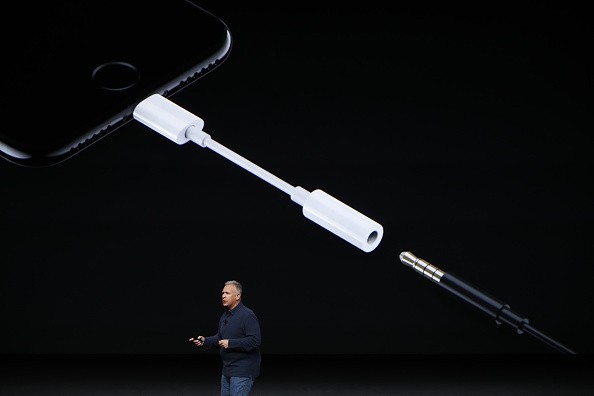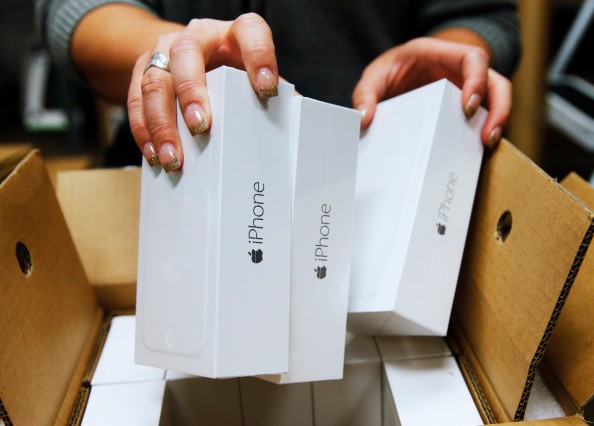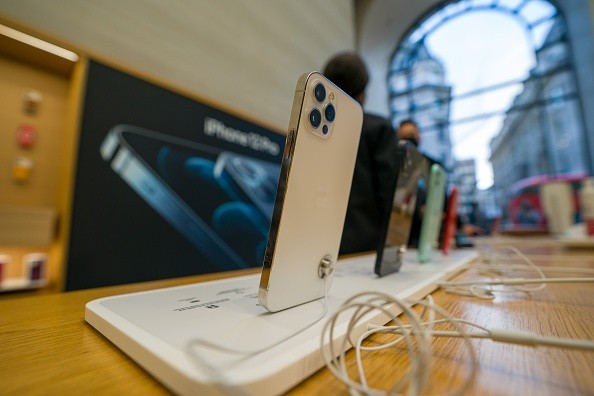Brazil also wants USB-C to replace Apple's iPhone Lightning port, which is recently under the scrutiny of the European Union and the senators from the United States.
The Cupertino-based tech giant has its proprietary charging connector for all of its iPhones and some iPads.

While Apple has already adopted USB-C for its tablets and MacBooks, the renowned tech giant continues to leave out its smartphones from doing the big shift.
But with the recent pressure from the EU and US, we might be seeing an iPhone that officially features a USB-C connector.
Brazil Joins USB-C Fight to Call Apple to Ditch Lightning Ports
But this time, Brazil is joining the movement to standardize USB-C for all smartphones, preventing Apple from releasing new iPhones with Lightning ports.
As per a news story by 9to5 Mac, the regulatory agency of the Brazilian nation, locally referred to as Anatel, has a new proposal for smartphone makers.

Anatel is reportedly proposing to require all smartphone brands to come up with a single charging port. That is the widely-used USB-C ports.
According to a recent report by Apple Insider, the proposal of Brazil is much like what the EU wants to happen. The regulator in the Latin American nation precisely calls for the iPhone maker to replace its Lightning connector with USB-C.
Why Brazil Wants USB-C Ports
The Brazilian regulatory agency says in its proposal that shifting to a standardized USB-C charging port provides" greater convenience for consumers."
So, the decision to call for a standardized charging port seeks to make the life of smartphone owners in Brazil a bit easier.

In the current situation, wherein the iPhone requires Lightning cables, its user usually has to carry two types of connectors. It comes as most devices these days, even the MacBooks, widely support USB-C chargers.
Besides consumer concerns, Brazil also thinks that having a standard charging port eases e-waste.
Read Also : New Apple 35W Dual USB-C Port Power Adapter is Now Available in the US! Price, Availability, and More
Brazil's USB-C Proposal
Meanwhile, 9to5 Mac notes that most Android smartphones have readily adopted USB-C ports.
However, it is also worth noting that older and cheaper Android devices continue to support the older micro-USB connector. That said, the proposal of the Brazil regulatory agency specifically affects iPhones and a few Android smartphones.
Brazil's fight for USB-C standardization only affects smartphones. Also, the proposal of Anatel excludes mobile devices, which exclusively charge via wireless charging.
The proposal further plans to require phone makers to shift to USB-C ports by July 1, 2024. But all of these are still in the public consultation phase.
Related Article : Apple Forced to Comply With EU's New USB-C Charging Cable Rule to Continue to Sell Wired Smartphones in Europe
This article is owned by Tech Times
Written by Teejay Boris
ⓒ 2025 TECHTIMES.com All rights reserved. Do not reproduce without permission.




